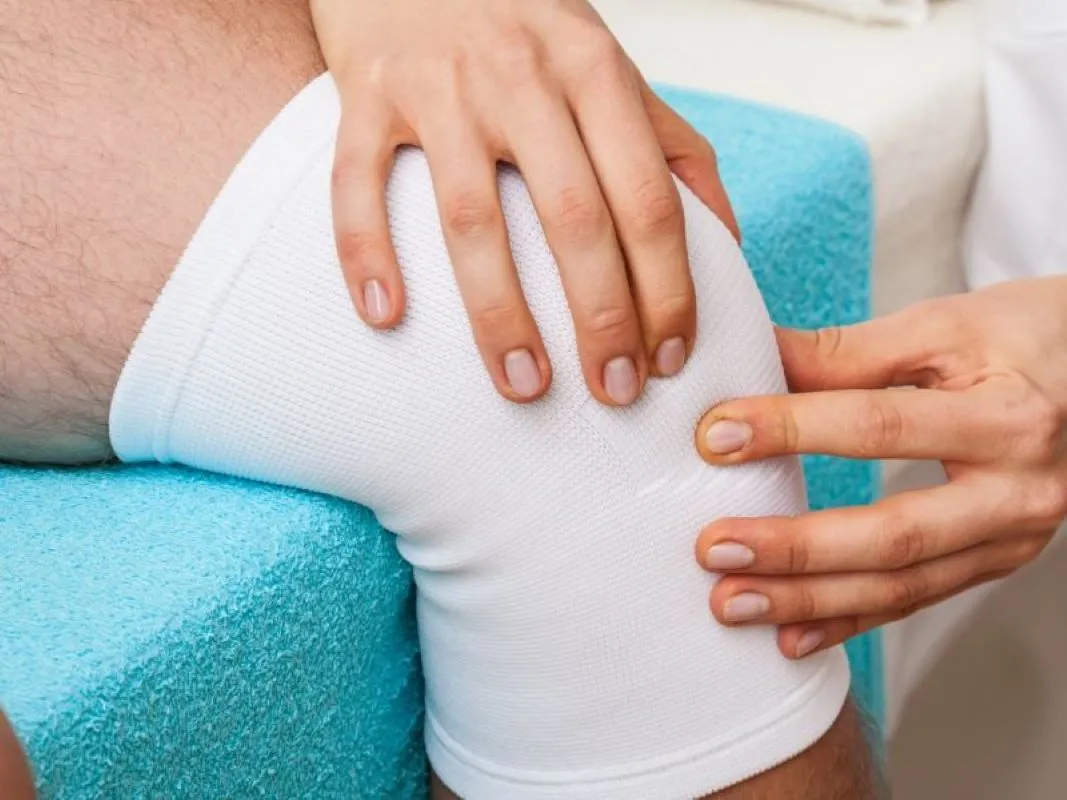Exploring the Impact of Hopping Backwards in ACL Surgery Recovery

Effective Testing Method for ACL Surgery Recovery
The recent study sheds light on the importance of hopping backwards for patients recovering from ACL surgery. This movement serves as a vital test for sports injuries after ligament damage.
Why Backwards Hopping Matters
- Significantly measures knee function
- Demonstrates strength in quadriceps
- Easily performed with minimal equipment
Researchers urge practitioners to adopt backwards hops as a valuable tool in monitoring recovery.
Research Findings and Implications
A recent investigative study involving 34 participants analyzed the effectiveness of different hopping techniques. Backward hops proved more demanding, revealing essential data regarding knee strength during rehabilitation.
- Participants hopped backwards at 84% of their full capacity following fatigue.
- They exceeded 90% performance in forward and vertical hops.
As many as 120,000 ACL injuries occur annually in the U.S., making accurate recovery measures crucial. Failure to recognize a patient’s readiness can lead to re-injury, indicating that the implementation of this method could reduce such occurrences.
Disclaimer: The information provided on this site is for informational purposes only and is not intended as medical advice. We are not responsible for any actions taken based on the content of this site. Always consult a qualified healthcare provider for medical advice, diagnosis, and treatment. We source our news from reputable sources and provide links to the original articles. We do not endorse or assume responsibility for the accuracy of the information contained in external sources.
This article was prepared using information from open sources in accordance with the principles of Ethical Policy. The editorial team is not responsible for absolute accuracy, as it relies on data from the sources referenced.